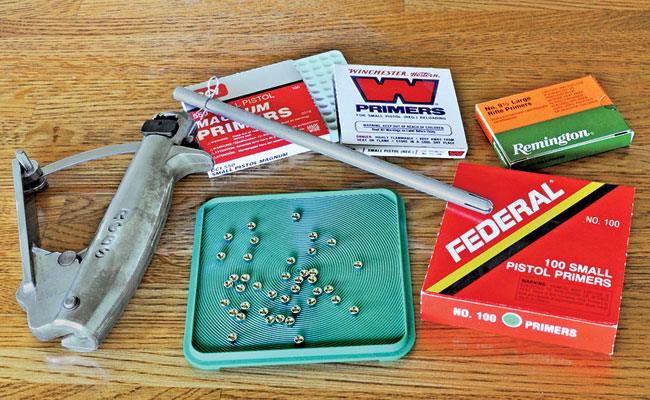Bob Wright
Well-Known Member
A fresh dryer sheet rubbed in the powder tube will fix the kernels from sticking.Dang, this static electricity talk is giving me severe heebie jeebies. Especially since I live in bone dry Arizona. I've always had the problem with my RCBS powder measure when I'm through, and dump the leftover powder back in the bottle, a whole mess of kernals stick to the sides of the hopper. I usually shake the hell out if it to get as much as possible to come out, then use a paper towel to wipe out the rest. And of course I just bought a Lee Classic Turret press and the Safety Prime add on. I've only used it once, and now my sphincter is puckering up thinking about using it. And my setup is a wooden bench on a carpeted surface.
Static everywhere else is concerning....

